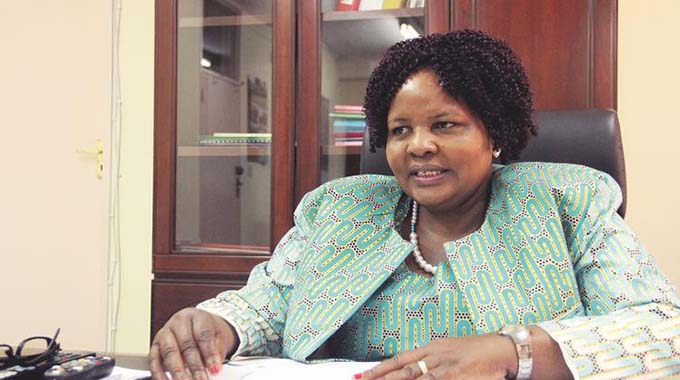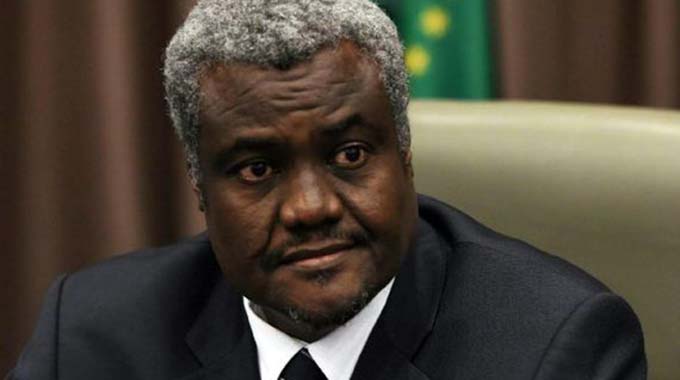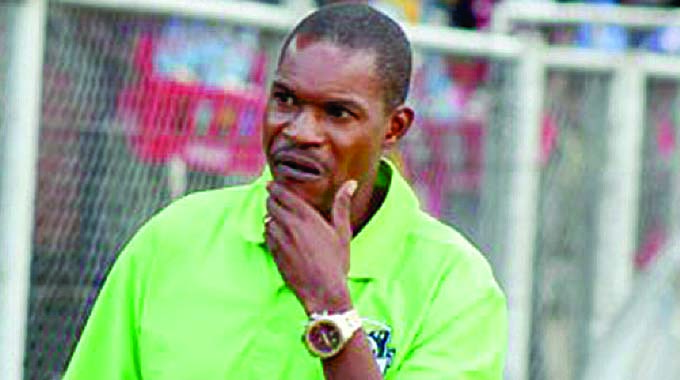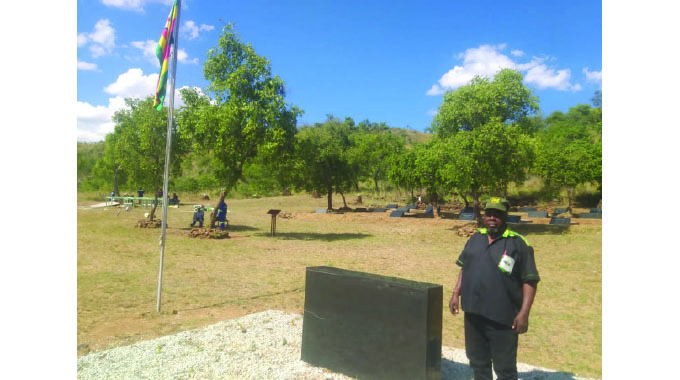Meet Gwaradzimba: The people’s person

2nd Republic Profiles with Ruth Butaumocho
When Dr Ellen Gwaradzimba was appointed Minister of State for Manicaland Provincial Affairs last month, people quickly rushed to the Internet to check the curriculum vitae of the new sheriff of Manicaland.
With sections of the nation trying to put face and name together on this magnanimous low-lying leader chosen among the multitudes, those who knew Dr Gwaradzimba celebrated.
Rightly so, because they knew that the humble and unassuming top senior servant would measure up to the task bestowed upon her by the Presidium.
“I am up to the task. I consider myself as a ‘can do and will do person’, a person made from a rare fabric,” said the soft-spoken leader in an interview recently.
Born Ellen Munyoro, Dr Gwaradzimba, one of the top senior civil servants in Manicaland before her ministerial appointment, says poverty, political orientation she received and the hardships she endured during the liberation struggle greatly contributed to her humility.
She described her appointment to Government as recognition of her unwavering determination to serve the people.
“I always identify with the people. The humility also comes from the realisation that I am people’s person. I have always been the people’s choice, because I identity with them, I commiserate with them and in times of hardships, I am always with them. They know I am one of them,” she said.
The various positions of power she has held in both her professional and political life could have given her a competitive edge ahead of legions of other people to land the top post of superintending over such a cosmopolitan province.
“Leadership is a huge task. However, my parents prepared me well before I knew what leadership was all about, through virtues instilled in me while I was a little girl,” the soft-spoken minister revealed.
Born and raised in a family of freedom fighters where five of her brothers, aunt and her father — now late — fought in the liberation struggle, Dr Gwaradzimba can relate to the virtues of servantship, which hogged the better part of her life.
Her parents motivated her to aim for academic excellence despite the limited resources in the family that had to be shared among her siblings.
“My dad wanted me to become a doctor. And because of my parents’ vision, I became a bookworm at a tender age, and never used to play with other children,” she said.
Growing up in a peasant family, Dr Gwaradzimba lacked so many things that children of her age had. But that did not worry her.
“Like other black girls of my age, I survived on bare necessities. The only solace that I got while growing up was my brilliance,” she said.
That lack made her realise the unequal opportunities that existed between blacks and whites.
“Our teachers told us that the only way that we could enjoy life in the same way white girls of our age were doing was to take up arms and fight so that we could be independent.”
Determined to bring injustice to the end through the barrel of a gun, Dr Gwaradzimba joined the liberation struggle at 16.
The day that she left for the liberation struggle, she went with her school report with the hope that opportunities would avail themselves and enable her to go overseas to fulfil her father’s aspiration.
That was not to be, as she was soon to learn after crossing into Mozambique.
When she got to Mozambique, Dr Gwaradzimba immediately left for training in Tanzania at Nachingwea Military Academy where she majored in guerrilla, conventional and regular warfare before her deployment to Gaza Province.
She also served as secretary to Cde William Ndangana and the late Cde Kumbirai Kangai, deputy secretary for department of transport and social welfare (Maputo Office).
It was during the liberation struggle that she met her husband, Cde Godfrey Mtausi Gwaradzimba in 1978, resulting in the birth of the couple’s first child, Remembrance.
The two briefly stayed together before they were separated for four years, reuniting in 1981 after the war.
When the war ended, minus her father and brother, who were attacked and died together with 78 other freedom fighters, Dr Gwaradzimba resumed her studies.
In 10 years, Dr Gwaradzimba had achieved a lot more than what many people could achieve in their lifetime, academically.
A holder of a doctorate in Education, a Master’s degree and Bachelor of Arts in Adult Education respectively, Dr Gwaradzimba undertook her studies while alternating with politics.
Behind the scene, the rise of Dr Gwaradzimba was a little less sudden.
“I had always been in the ruling Zanu-PF party structures, where I served diligently in various posts.”
She was elected provincial chairperson of Zanu-PF’s Women’s League, Manicaland Province in 2000, a post she held for close to 10 years. In 2009, she was elected the member of the Central Committee.
“You don’t just get promoted without performing and demonstrating that you are capable of leading others,” she said.
Apart from her academic interactions, Dr Gwaradzimba also served on different boards that include Manicaland Development Association, Zimpapers, Forestry Commission, Indigenisation and Economic Empowerment Board and GMB.
Dr Gwaradzimba, who spent the better part of her life working in the academia for several institutions that include the University of Zimbabwe, Mutare Polytechnic and the Africa University, believes that Zimbabwe is well-resourced to address the economic problems bedevilling the country.
From an administrator who was for years confined to walls of academia, Dr Gwaradzimba appears to be adjusting to the intensity of politics with the aplomb of a natural retail politician, graciously granting every request of an interface while staying cheerfully on a progressive message that has energised all around her.
Despite her phenomenal rise, Dr Gwaradzimba has remained grounded in her community.
“I came from the people, and I was given this responsible to lead them, and when my time is up as a minister, I will go back to the people.”
Even her new position has not whittled her philanthropic activities across the province that earned her the moniker “Aunt Gwa”.
“From the little salary that I get as a civil servant, you can imagine how much I assist in my community.
“I share with the people in difficult circumstances because I know how it feels like not to have,” she said.
Following her appointment, Dr Gwaradzimba says her immediate task will be infrastructural development, scaling up food security, availing water and energy services and employment creation in the province
Feedback: [email protected]







Comments